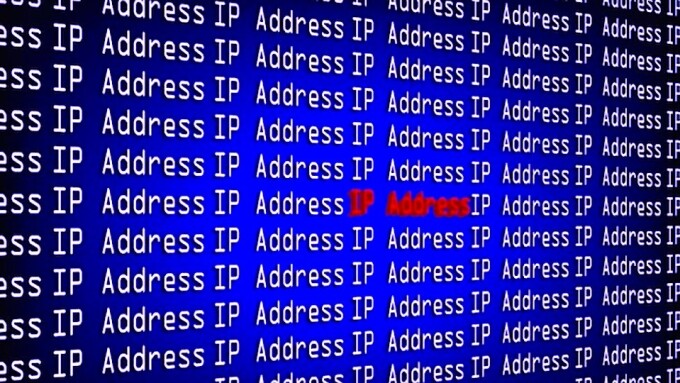CAMDEN, N.J. — A federal judge in New Jersey became yesterday the latest magistrate to rule against Strike 3 Holdings and also to use the occasion to criticize the adult company’s strategy of filing a massive number of copyright lawsuits against anonymous downloaders.
Judge Joel Schneider ruled that he would not allow Strike 3 Holdings, the company behind the popular porn brands in the Vixen group, to reveal the identities of a number of internet users they claim illegally downloaded their content.
This threat of public exposure, legal experts say, is behind the more than 3,000 almost identical lawsuits Strike 3 has filed against internet users since 2017.
Judge Schneider stated that he was not “unmindful” that his ruling “may make it more difficult for Strike 3 to identify copyright infringers,” but chose to uphold the expected privacy rights of the accused over the litigious company’s claims.
"A legal remedy does not exist for every wrong,” Schneider wrote, “and it is unfortunately the case that sometimes the law has not yet caught up with advanced technology.”
According to legal news site Law360, Strike 3 “monitors for IP addresses that download its films, then uses geolocation technology to figure out roughly where the network is located. It then files a lawsuit in the appropriate district against the anonymous subscriber linked to the address, allowing it to request a subpoena to force the internet service provider associated with the address to reveal the name of the subscriber.”
Schneider had previously granted these subpoenas, but lately, he explained, he took "a deep dive into Strike 3's practices” and decided that the company’s subpoenas were “misleading." the judge wrote.
"Prior to its recent inquiries, the court assumed Strike 3's subpoenas identified the name of the IP subscriber when its works were infringed. However, the court was wrong," Schneider said.
"The innocent subscriber may have to pay a substantial sum to retain a lawyer to defend the lawsuit, or possibly settle to avoid incurring future costs," the judge wrote. "Negative publicity and embarrassment may occur from being named in a copyright infringement lawsuit [and] the fact that the innocent subscriber was named in a lawsuit may be revealed in an unrelated employment or credit search."







